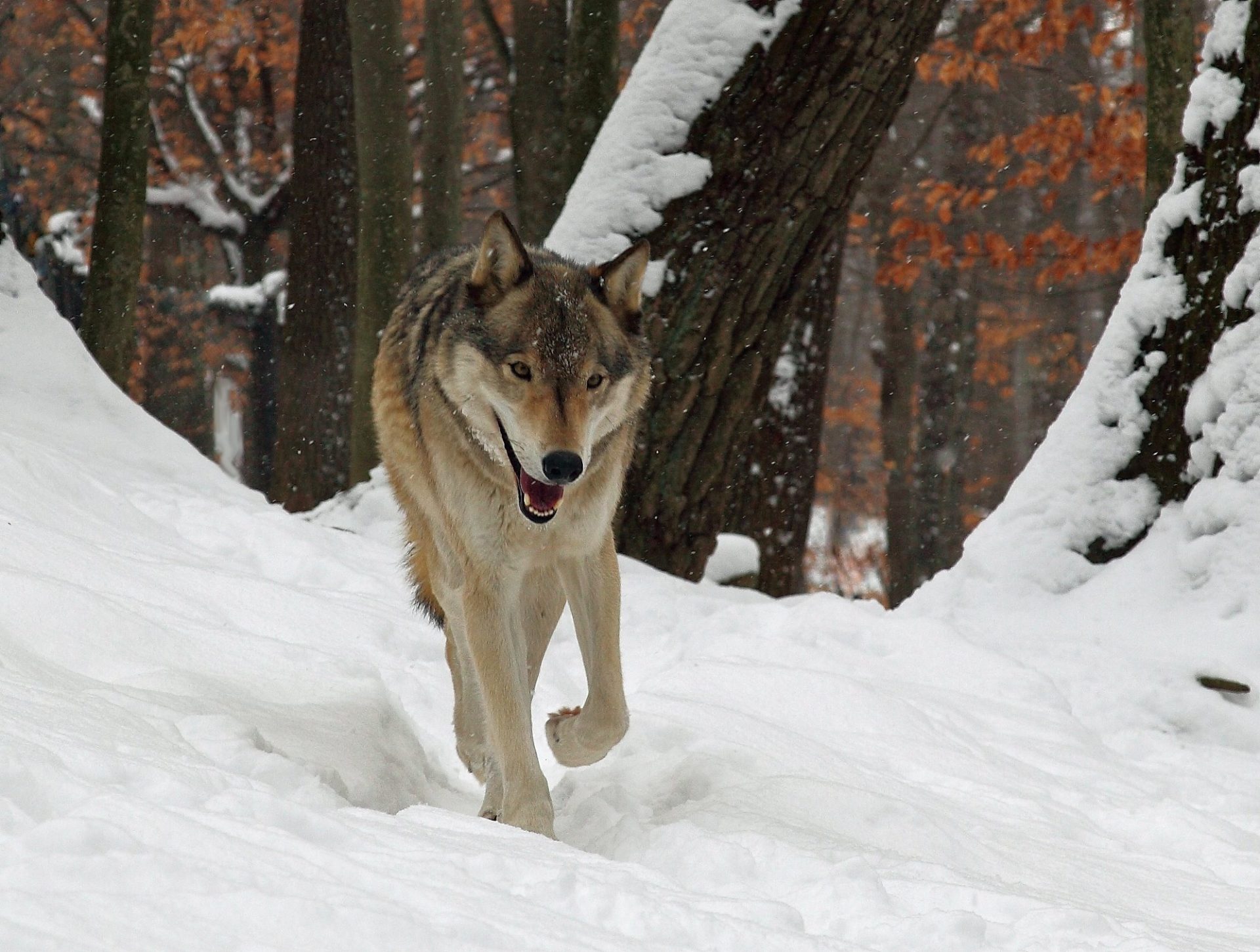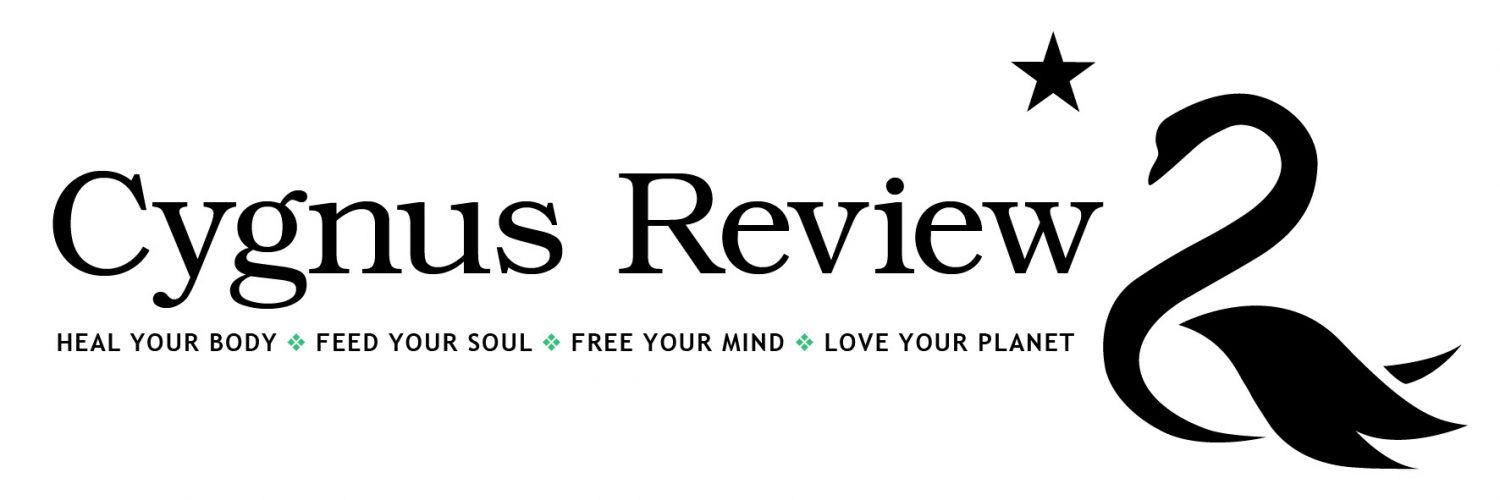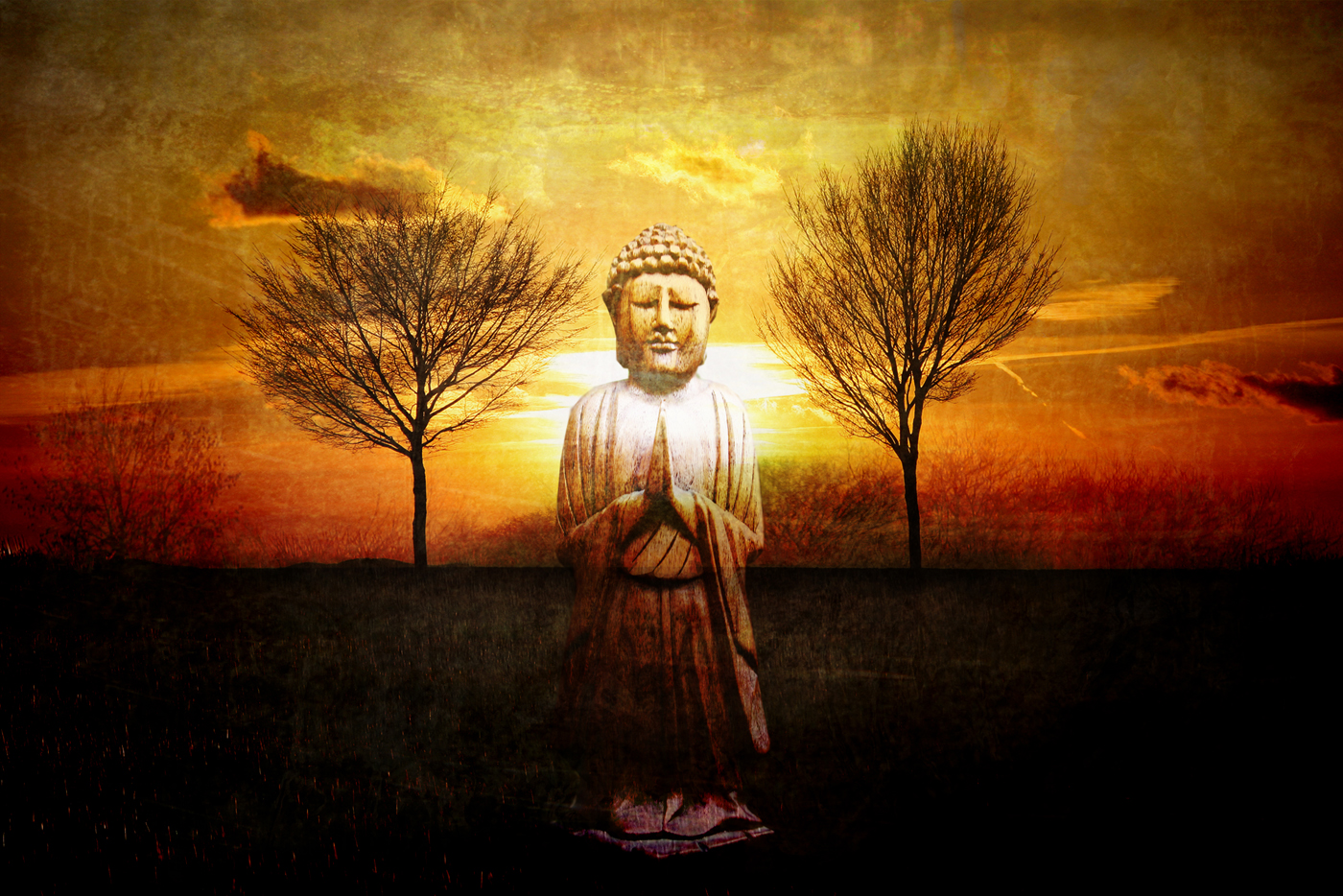
Hakuna, our very ‘alpha’ eighty-five-pound standard poodle, hated the Akitas in our old neighborhood. If we went for a walk on a nearby trail when our neighbour was out with them, I’d have to wrap Hakuna’s leash around a tree to hold steady as he lunged and barked ferociously. But after they passed, he would resume his cheerful trot through the woods. He was not ruminating about ‘those damned Akitas, think they own the hood . . . that stupid curled tail, fancy coat . . . next time I’m going to show them!’ He was sniffing and enjoying the day.
When animals like Hakuna get angry, they bristle or bare their teeth, they pounce or slash or bite. After the encounter is over, they go back to homeostasis—a relatively relaxed state. We humans are different. Instead, we replay past outrages and anticipate how others might hurt, impede, or disrespect us in the future. This keeps the hormones of anger and fear circulating in our body, and the related thoughts of blame and vengeance spinning in our mind. The upshot? We become trapped in warrior mode, our heart armored, our mind narrowed. Unlike Hakuna, we are not free to enjoy the day.
Anger arises when someone or something obstructs our needs or desires. If you are on a highway and another car cuts you off, adrenaline pumps into your bloodstream. Your heart rate jumps. Your blood pressure surges. We respond to non physical threats the same way. If you find out that your partner has lied to you or your boss tells you you’re fired, your body flips into the fight-flight-freeze response—an instantaneous physiological reaction to a perceived threat. You want to regain control, and the ‘fight’ pathway tells you to ‘get even with’ or harm whoever or whatever you perceive is causing you trouble.
Like all emotions, anger is an essential and intelligent part of our survival equipment. We need anger to let us know our boundaries have been violated so that we can respond appropriately. It’s essential that we listen to our anger, but we don’t need to live with ongoing stories of blame and resentment in order to take good care. Unless we are very mindful, anger does not simply arise and dissipate; rather, it becomes a strongly entrenched habit, always hovering in the background, ready to ignite into aggressive thoughts and behaviors.
WHICH WOLF WILL YOU FEED?
After the September 11, 2001, attacks, as many people feared an ongoing and vicious spiral of retaliation and global violence, a wonderful Cherokee legend went viral on the Internet:
An old grandfather is speaking to his grandson about what causes the violence and cruelty in the world. ‘In each human heart,’ he tells the boy, ‘there are two wolves battling one another—one is fearful and angry, and the other is understanding and kind.’ The young boy looks intently into his grandfather’s eyes and asks, ‘Which one will win?‘ His grandfather smiles and quietly says, ‘Whichever one we choose to feed.‘
It’s easy to feed the fearful, angry wolf. Especially if we’ve experienced great wounding, the anger pathway can become deeply ingrained in our nervous system. When our old sense of injury or fear is triggered, the intolerable heat and pressure of anger instantly surges through us. Our attention gets riveted on the feelings and thoughts of violation and all we want is revenge. Often before we have any sense of choice, the nasty comeback is out of our mouth, we’ve slammed a door, hit send on an ill-advised e-mail, put someone down behind his back.
Yet we do have a choice. Meditations that train the heart and the mind directly deactivate the anger pathways that propel our habitual behaviors. While the limbic system acts almost instantaneously, we can develop a response from the frontal cortex—which includes the social centers involved with compassion—that interrupts and subdues the reaction. This is where cultivating mindfulness comes in. Mindfulness is the ‘remembering’ that helps us pause and recognize what is happening in the present moment. Once we have paused, we can call on the higher brain centers to open new possibilities. We can soothe ourselves, we can recall another person’s difficulties and vulnerability, we can remember our own goodness and strength. No matter how painfully we are triggered by the world’s violence and insensitivity, we can direct our attention in ways that carry us home to our intrinsic sanity and good-heartedness. This awakening is our evolutionary potential: For the sake of our own inner freedom and the well-being of others, we can intentionally feed the understanding, kind wolf.
HOW WOULD A BUDDHA RESPOND?
Imagine you are walking in the woods and you see a small dog sitting by a tree. As you approach, it suddenly lunges at you, teeth bared. You are frightened and angry. But then you notice that one of its legs is caught in a trap. Immediately your mood shifts from anger to concern: You see that the dog’s aggression is coming from a place of vulnerability and pain. This applies to all of us. When we behave in hurtful ways, it is because we are caught in some kind of painful trap. The more we look through the eyes of wisdom at ourselves and one another, the more we cultivate a compassionate heart.
From True Refuge, © 2013 by Tara Brach, published by Hayhouse

Cygnus Code: 240110
TRUE REFUGE
by Tara Brach
How do you cope with life-threatening illness, family conflict, faltering relationships, old trauma, obsessive thinking, or inevitable loss? Tara Brach explains that beneath the turbulence of our thoughts and emotions exists a profound stillness, a silent awareness capable of limitless love and well-being. She calls this awareness our true refuge because it is available to everyone, at any moment, without exception.Click here to buy.




